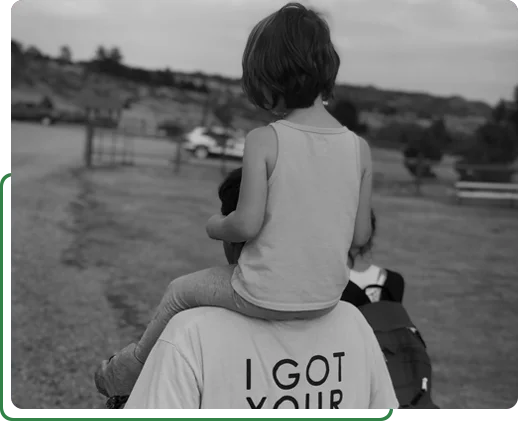

The Networks of Support Approach is a developmental approach that implements a sequenced and scheduled on-site support system to develop the skill set of the staff and advisors.
This scaffolded method guides the advisors through the nuances of implementing the Networks of Support approach. These ‘touchpoints’ by the Networks of Support team has proven critical to school/communities to implement and sustain their programs.
Networks of Support does not endorse one-time workshops or limited support for schools/communities. Consistent support over multiple years provides the accountability and foundation needed to sustain strong programs.
During a two-day training, one of our consultants will help your school select and train your student mentors. Day One will introduce the model to teacher leaders and delve into group dynamics. In the afternoon session, students volunteer to become mentors after they have had the opportunity to engage in the activities. This process will give students the exposure to mentoring and create the possibility for self-selection into your peer mentoring group.
Day Two is dedicated to practical workshops, where teachers and mentors practice a sequence of activities with guidance.



